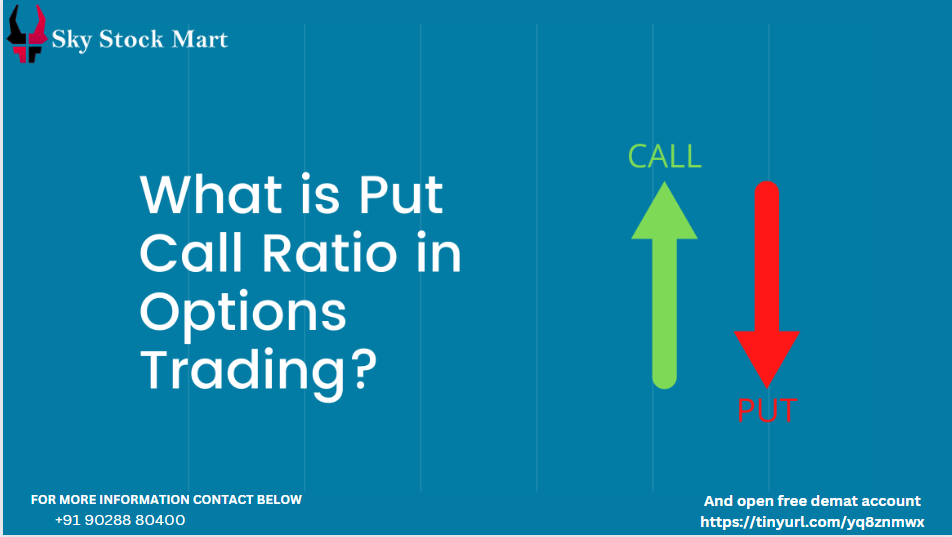Demystifying Options Trading: A Deep Dive into Call and Put Options
Introduction:
What is Call and Put ?
What is Call and Put ?In the world of finance, options trading adds an intriguing layer of complexity and opportunity. Among the myriad of terms and strategies, “Call” and “Put” options stand out as fundamental building blocks. Let’s embark on a journey to demystify these concepts, exploring what Call and Put options are, how they function, and their significance in the dynamic landscape of financial markets.
learn more and open free demate account
Understanding Call and Put Options:
- Call Options: A Call option provides the holder with the right, but not the obligation, to buy an underlying asset at a predetermined price (strike price) before or at the option’s expiration date. Investors often use Call options to speculate on rising asset prices or to hedge existing positions.
- Put Options: Conversely, a Put option grants the holder the right, without the obligation, to sell an underlying asset at a specified price before or at the option’s expiration.What is Call and Put ? Put options are commonly employed to profit from falling asset prices or as a hedging strategy against potential losses.
How Call and Put Options Work:
Let’s imagine a scenario where an investor believes a certain stock will rise in the next three months. They could purchase a Call option, allowing them to buy the stock at a predetermined price during that period.learn more and open free demate account If the stock price indeed rises, the investor can exercise the option, buying the stock at the lower, agreed-upon price and potentially realizing a profit.
On the other hand, if the investor expects a stock to decline in value, they might opt for a Put option.What is Call and Put ? If the stock price falls as anticipated, the investor can exercise the Put option, selling the stock at the higher, agreed-upon price and again potentially profiting from the price difference.
Key Terminology:
- Strike Price: The agreed-upon price at which the option holder can buy (Call) or sell (Put) the underlying asset.
- Expiration Date: The date when the option contract expires, after which the right to exercise the option lapses.
- Premium: The cost of purchasing an option, paid by the buyer to the seller.
Significance in Risk Management:
Call and Put options are not only tools for speculation but also play a crucial role in risk management.What is Call and Put ? Investors can use these options to protect their portfolios from adverse market movements, providing a level of flexibility and security in an ever-changing financial landscape.
What is the Meaning of Lots in stock market ?
is Stock market trading good for housewife ?
अपनी बेटी के विकास के लिए इन्वेस्टमेंट करे – SIP म्यूच्यूअल फण्ड में
સ્ટોક માર્કેટમાં પાર્ટ ટાઇમ જોબ કેવી રીતે મેળવવી
Conclusion:
In the intricate world of options trading, understanding the dynamics of Call and Put options is essential for investors seeking to navigate the complexities of financial markets. These instruments offer a spectrum of strategies, from capitalizing on market movements to safeguarding against potential risks. As you delve into the realm of options, the knowledge of Call and Put options becomes a cornerstone for informed decision-making and successful trading.


